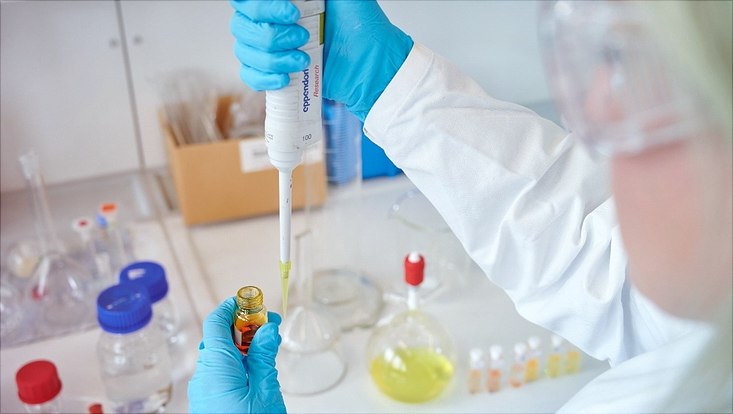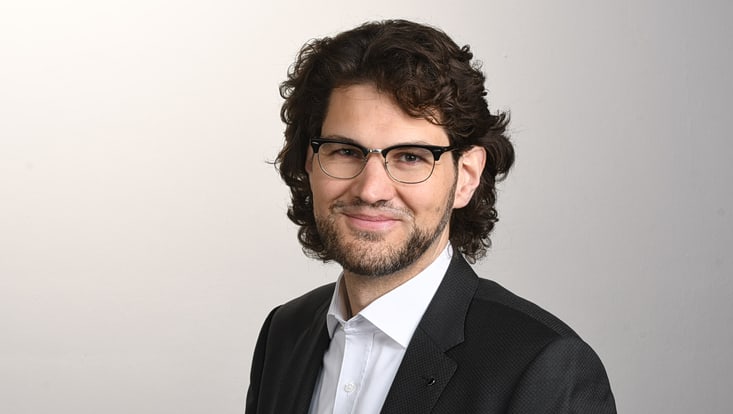Doing a doctorate right after completing a bachelor’sFour Students Selected for Fast-Track Program
30 November 2020, by Christina Krätzig

Photo: Frank von Wieding
The University’s fast-track program gives outstanding students an opportunity to do their doctorate right after completing their bachelor’s. They receive funding and support for 2 years.
As part of the Excellence Strategy of the Federal and State Governments, Universität Hamburg is expanding its fast-track program. The program started in summer 2020 as a pilot project in the Faculty of Mathematics, Informatics and Natural Sciences. In the second phase, students in the Faculty of Medicine and Faculty of Business Administration (Hamburg Business School) will also have an opportunity to apply.
Funding recipients receive €1,300 per month for 2 years. They also complete their master’s while working on their doctorate. In addition to funding, the program includes an extensive range of qualification and networking opportunities organized by the Faculty of Mathematics, Informatics and Natural Sciences and the Hamburg Research Academy (HRA).
The first 4 recipients are:
- Philipp Baltruschat, Department of Chemistry, supervised by Prof. Chris Meier, Prof. Carmen Hermann, and Prof. Gabriel Bester; his dissertation project is titled “Development of Descriptors, Databases, and Error Measures for Machine Learning of Magnetic Properties.”
- Alissa Miriam Drees, Department of Chemistry, supervised by Prof. Markus Fischer, Prof. Udo Schumacher, and Prof. Zoya Ignatova; her dissertation project is titled “Aptamere: Strategien zur Prozessoptimierung und Anwendung in der Medizin.”
- Tobias Harren, Department of Informatics, supervised by Prof. Matthias Rarey, Prof Alke Meets, and Prof. Timo Gerkmann; his dissertation topic is titled “Explainable Artificial Intelligence in Structure-Based Drug Design.”
- Matties-Ole Schmotz, Department of Chemistry, supervised by Prof. Peter Burger, Prof. Axel von Wangelin, and Prof. Christian Stark; his dissertation topic is titled “Visible-Light-Mediated Carbonylations.”
Applicants were required to number among the top 15 percent or top 10 percent of their bachelor’s class (Department of Chemistry and Department of Informatics respectively). The upcoming computer scientists also had to demonstrate that they had received a minimum grade of 1.3 for their bachelor’s thesis.


